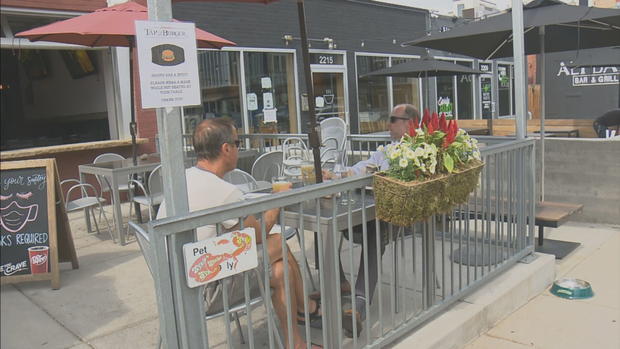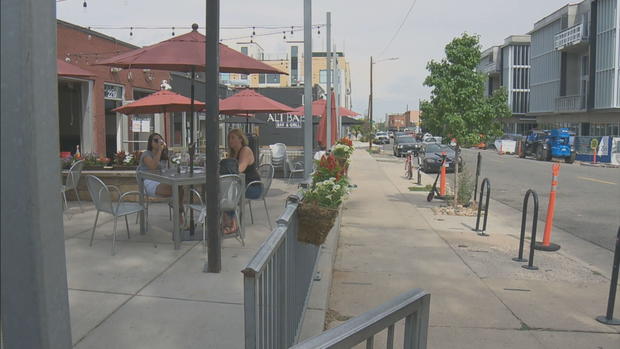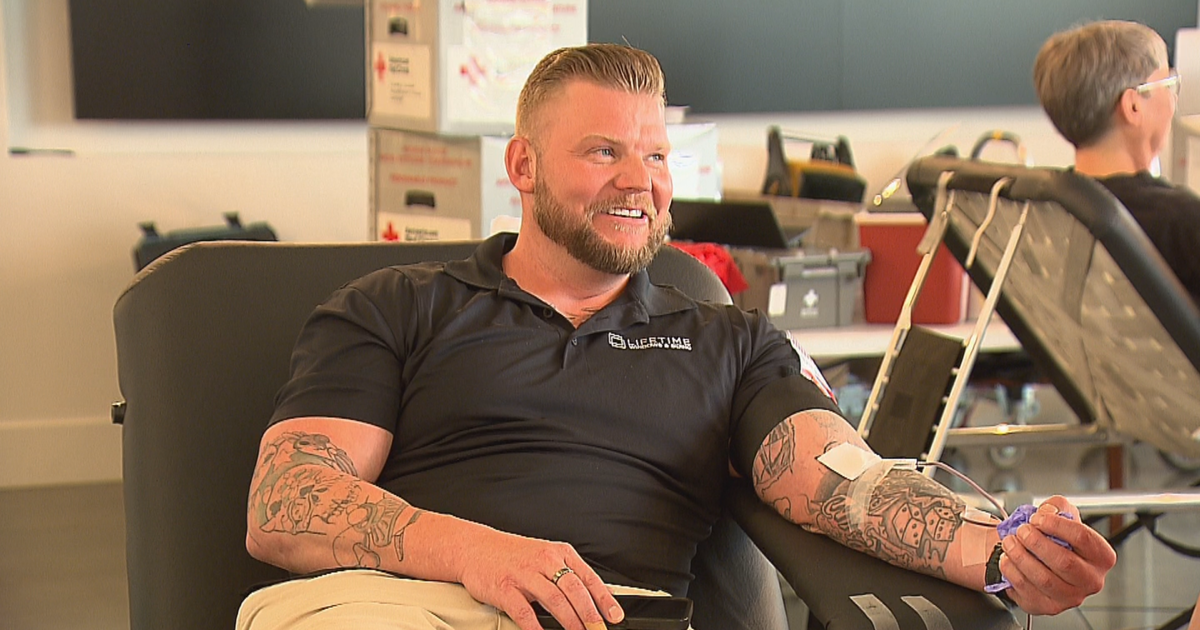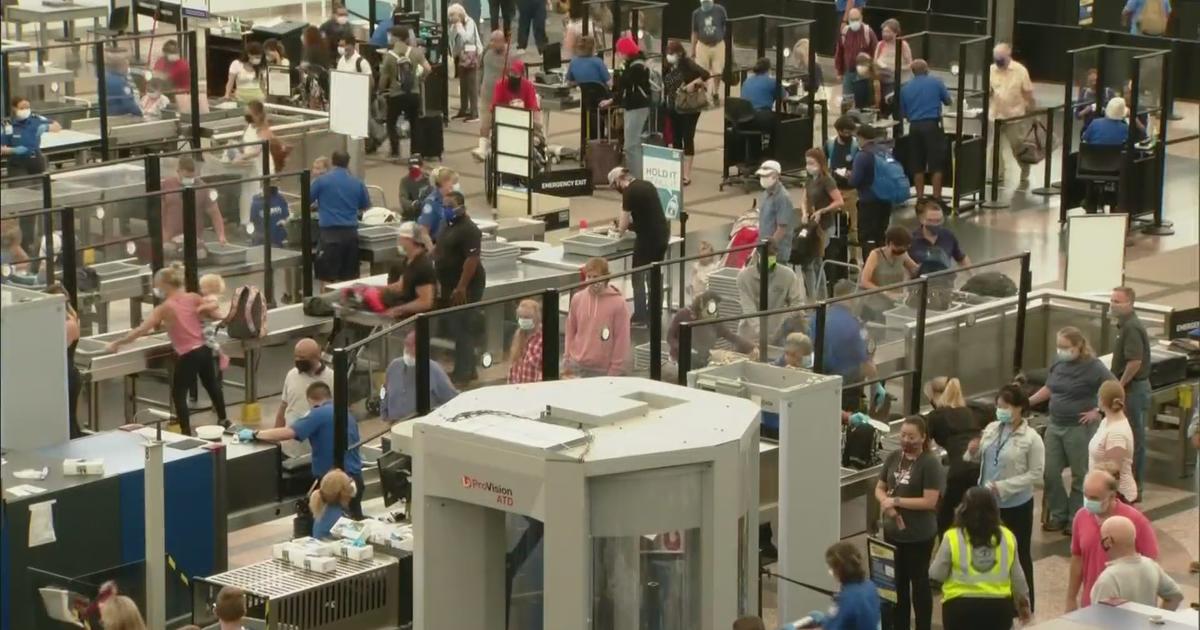Underserved Communities Get First Crack At New Round Of Paycheck Protection Program
DENVER (CBS4) - Monday was the first day to apply for the latest round of potentially forgivable loans through the Small Business Administration's Paycheck Protection Program.
This latest round of the program includes $284 billion that businesses can apply for to use toward job retention and certain other expenses through March 31, 2021.
Since the first round, the SBA has made several updates to loan periods, what the money can be used for, and types of eligible businesses.
In an effort to promote access to capital in underserved communities, the only businesses able to apply initially are those that bank with community financial institutions. The PPP will open to all participating lenders shortly thereafter, though the Small Business Administration did not release an exact date.
"A second round of funding would really help us all breathe a little bit more and be that final piece that helps us know we're going to make it through all of this," said Ruth Jones, Chief Financial Officer for Maria Empanada in Denver.
Last spring, Maria Empanda, like many other businesses around the country, was hit hard by the beginning of the pandemic. After the initial shutdown, revenue almost immediately dropped 60%, Jones said. Later, three of five locations temporarily closed.
"We ended up laying off quite a few people as well as our central production kitchen, so in a matter of days our staff was reduced by a matter of 60% or so," Jones said.
When the Paycheck Protection Program began, Maria Empanada applied, but missed the deadline for the first round. In the second round of the program, the restaurant was awarded a forgivable loan.
"The PPP was a lifeline for us," said Jones. "It's the reason we're able to serve our guests now, it's the reason we're able to keep folks employed, and still be open, so it was huge for us."
Not all businesses had the same experience though. As CBS4 reported in May, many minority-owned and women-owned businesses initially had little luck with the SBA program because they either didn't qualify or the funds had been already been exhausted.
"The PPP did not go very well I think for certain minority owned and women owned businesses," said Mike Ferrufino, President and CEO of the Colorado Hispanic Chamber of Commerce.
A report by the Center for Responsible Lending in April said, "roughly 95% of Black-owned businesses, 91% of Latino-owned businesses, 91% of Native Hawaiian or Pacific Islander-owned businesses, and 75% of Asian-owned businesses stand close to no chance of receiving a PPP loan through a mainstream bank or credit union."
Months later, the Brookings Foundation published a report which found neighborhoods of color with the most cash-constrained small businesses received PPP loans last. According to the report, businesses with paid employees from Black ZIP codes received PPP loans on average seven days later than businesses from white communities. For non-employer businesses, the delay grew to nearly three weeks.
Ferrufino says one big reason why is the historical lack of access to banking relationships and capital in those communities.
"These were problems that already existed, so I don't think necessarily it created more problems. All it did is amplify them," Ferrufino said.
This time around, those that bank with community financial institutions will get the first crack at a PPP loan. Those with bigger banks, or who are applying for a second loan will go afterward.
"I'm confident that there's enough data that it would makes sense for this to go more smoothly," Ferrufino said.
For more information about the program and the recent updates, you can read the U.S. Department of Treasury's new guidance here.






